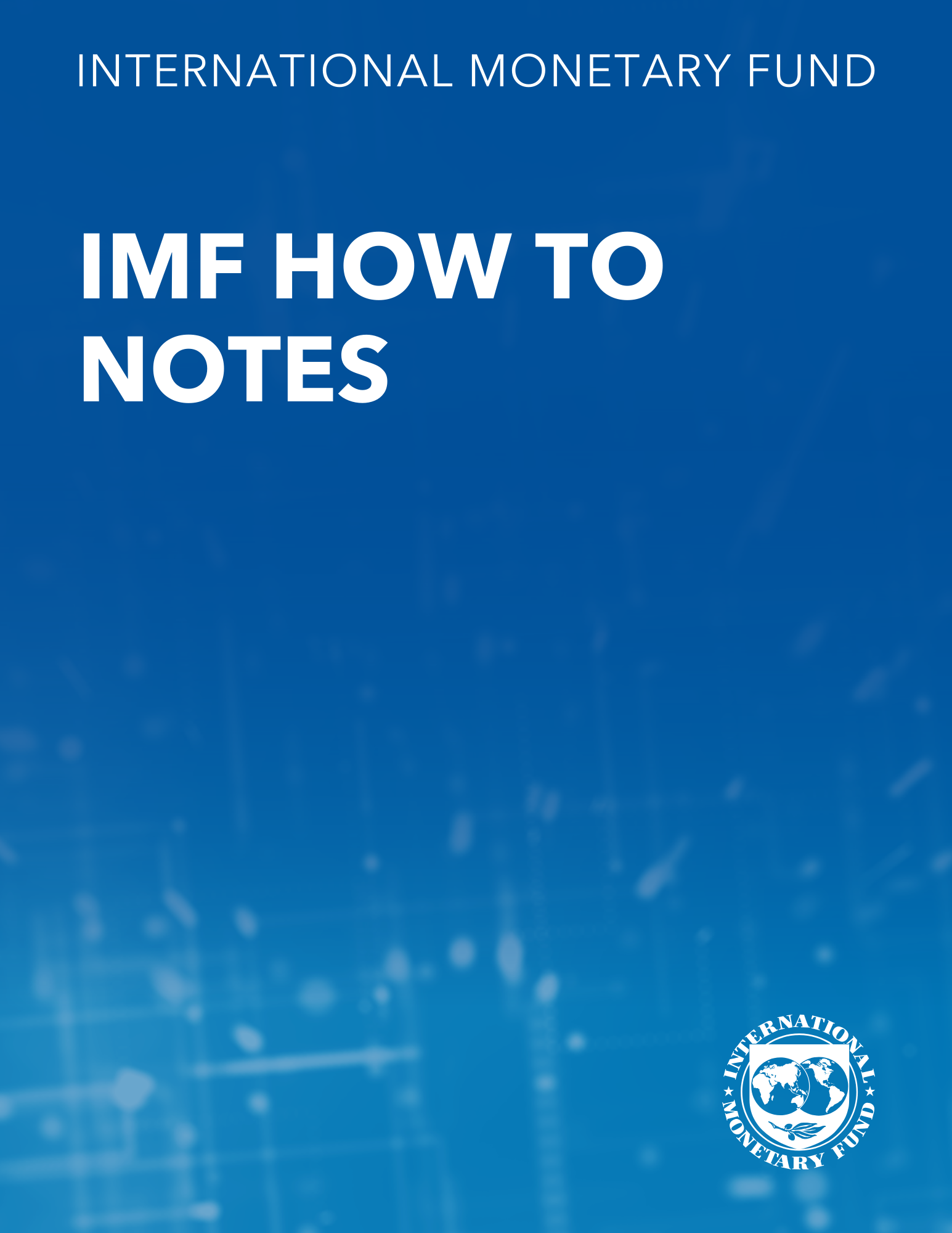The Impact of Preference Erosionon Middle-Income Developing Countries
September 1, 2004
Disclaimer: This Working Paper should not be reported as representing the views of the IMF.The views expressed in this Working Paper are those of the author(s) and do not necessarily represent those of the IMF or IMF policy. Working Papers describe research in progress by the author(s) and are published to elicit comments and to further debate
Summary
Preference erosion has become an obstacle to multilateral trade liberalization, as beneficiaries of trade preferences have an incentive to resist reductions in mostfavored- nation (MFN) tariffs. This study identifies middle-income developing countries that are vulnerable to export revenue loss from preference erosion. It concludes that the problem is heavily concentrated in a sub-set of preference beneficiaries-primarily small island economies dependent on sugar, banana, and-to a lesser extent-textile exports. Accordingly, measures to help mitigate the impact of preference erosion can be closely targeted at the countries at risk.
Subject: Agricultural commodities, Commodities, Economic theory, Export earnings, Exports, International trade, Supply elasticity, Tariffs, Taxes
Keywords: Agricultural commodities, Caribbean, EU market duty-free, EU price, EU regime, EU-ACP Cotonou Agreement, Export earnings, export supply elasticity, Exports, major export product, margin vis-à-vis, preference margin, preferences, Supply elasticity, Tariffs, Trade, undiversified export base, unit price, WP
Pages:
34
Volume:
2004
DOI:
Issue:
169
Series:
Working Paper No. 2004/169
Stock No:
WPIEA1692004
ISBN:
9781451858372
ISSN:
1018-5941






